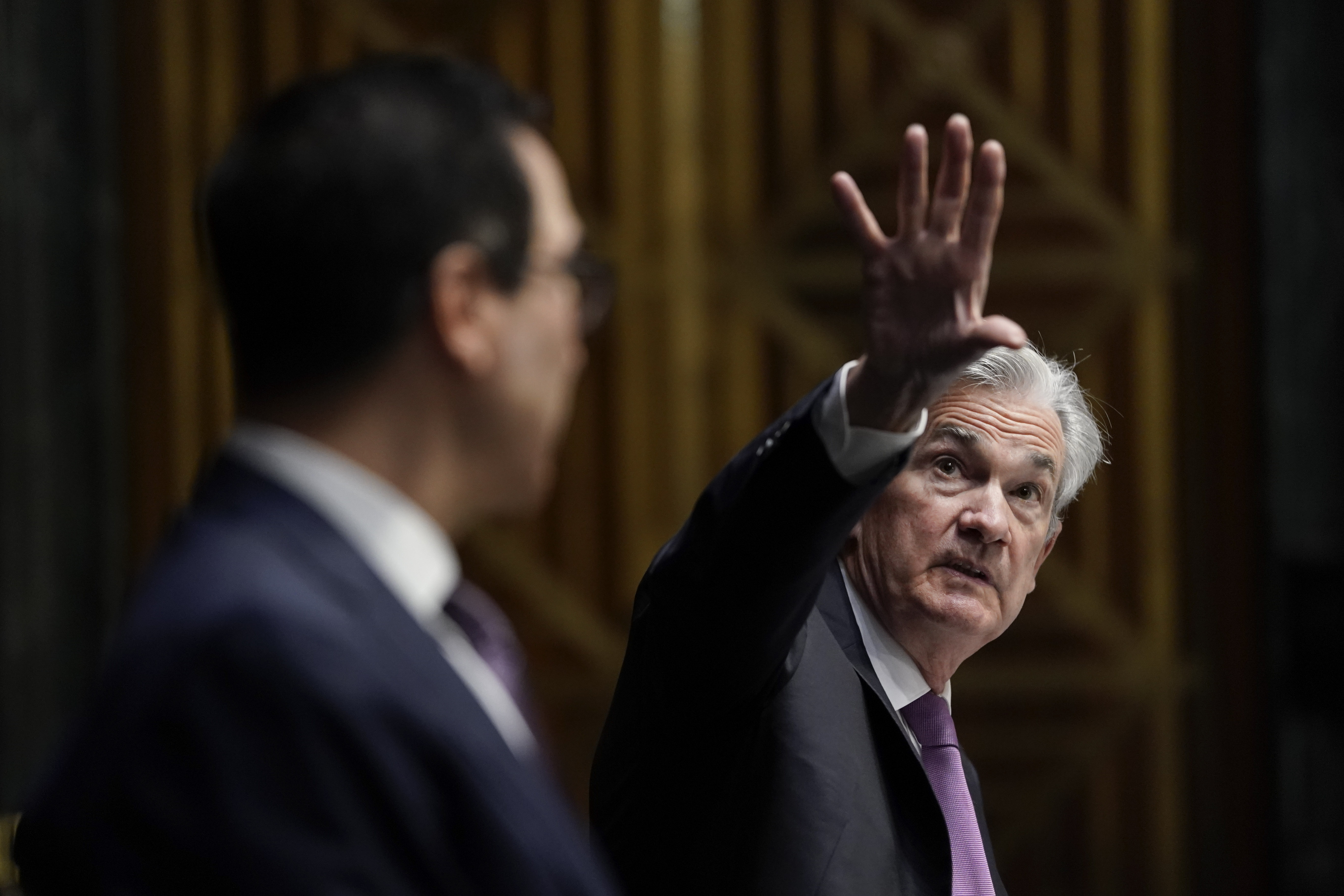For the US economy, 2021 has been both the best and the worst of times; well, maybe it wasn’t too bad, but still.
The good news is that unemployment plummeted thanks to rapid growth and job creation. The bad news is that inflation is at its highest level in decades. So the economists who warned of inflation early last year were right, while those of us who downplayed risk or predicted only a brief interlude of rising prices are wrong. However, there are two questions related to this combination of good and bad news that people should ask themselves, but that, to my knowledge, most do not. Could we have had considerably lower inflation without a much worse job outlook? And if not, would it have been a good idea to accept a slower economic recovery in employment in exchange for less inflation? My answer is a resounding no to the first question and a probable, though not entirely certain, not to the second.
Now, if I am correct on both counts, a surprising conclusion follows: economic policy in 2021 has actually been quite good. In fact, taking into account the dislocations related to the current pandemic, what we have implemented has been a “goldilocks” economy, or the right point: neither too cold nor too hot.
I can already hear the screaming, but have a little patience. Let’s start with what should be an unquestionable point: the recovery from the COVID era has been very unbalanced. Fear of contagion has limited demand for face-to-face services, such as restaurant meals, and people have compensated by buying physical goods such as cars and appliances. Real acquisitions of durable consumer goods continue to exceed the pre-pandemic level by more than 20%, while services recently returned to their level of two years ago. And supply chains have struggled to keep up with increasing product purchases.
Basic principles of economics teach us what is supposed to happen when there is a distortion of demand and a limitation of supply: the prices of the things that people rush to buy should rise relative to the prices of which they buy. people keep avoiding. And indeed, the relationship between the durable goods price index and that of services has risen sharply, reversing the normal technology-driven downward trend.
This relative inflation of goods compared to that of services was inevitable if we were not to suffer a crippling shortage that we have, in fact, avoided: some consumer items have been hard to come by, but forecasts of a supplies apocalypse during Christmas has not materialized. But we could have had lower headline inflation if we had forced the prices of services down – for example, by cutting aid to families or raising interest rates, thus limiting private spending – instead of doing what we did. , which was to make all the adjustment by increasing the prices of goods. Would this have been a better option?
Know in depth all the sides of the coin.
Subscribe
The truth is that I do not see how we could have reduced the prices of services to the maximum without doing the same with employment in the sector. In other words, unless political decision-makers have access to some magic wand that I am not aware of, in 2021 we could only have kept inflation low at the cost of a much slower job recovery. And that would have been bad. A high level of unemployment is not only harmful while it lasts, but it also has destructive effects in the long run because, as evidence shows, the earnings of young people who start their working lives in a situation of economic weakness are permanently damaged.
Therefore, slowing down the recovery would have been a serious mistake if the inflation peak of 2021 did not turn into a spiral of wages and prices, and in the end we managed to lower inflation again without going through a major recession. To put it mildly, it would have been a tragedy if hundreds of thousands of Americans now in employment were deprived of a job just to reduce congestion at the ports of Los Angeles and Long Beach. So can we reduce inflation with dignity? The Federal Reserve thinks so. And so does most independent analysts and a server too, although of course we could all be wrong.
And to those who follow the news I say no, that the indications of the recently published Fed minutes that the authorities are concerned about inflation and plan to raise interest rates this year do not amount to admitting that they were wrong to maintain them. lows last year. When I go to merge into freeway traffic, I keep pressing the accelerator and releasing the pedal once I have reached cruising speed. What are you doing?
As I have indicated before, I imagine that many people will be deeply irritated by any suggestion that policy makers have done a pretty decent job of late. However, before you start ranting against inflation, ask yourself what you would have done differently and whether your alternative measures would have resulted in the great job news we’ve had.
I’m not saying we should ignore inflation. The Federal Reserve is right to consider raising interest rates now that the economy appears to be nearing the limit of its capacity. But accepting inflation for a while has probably been the right decision.
Paul Krugman He is a Nobel Prize in Economics. © The New York Times, 2022. News Clips translation.
Sign in to continue reading
Just by having an account you can read this article, it’s free
Thanks for reading EL PAÍS
elpais.com
Eddie is an Australian news reporter with over 9 years in the industry and has published on Forbes and tech crunch.
